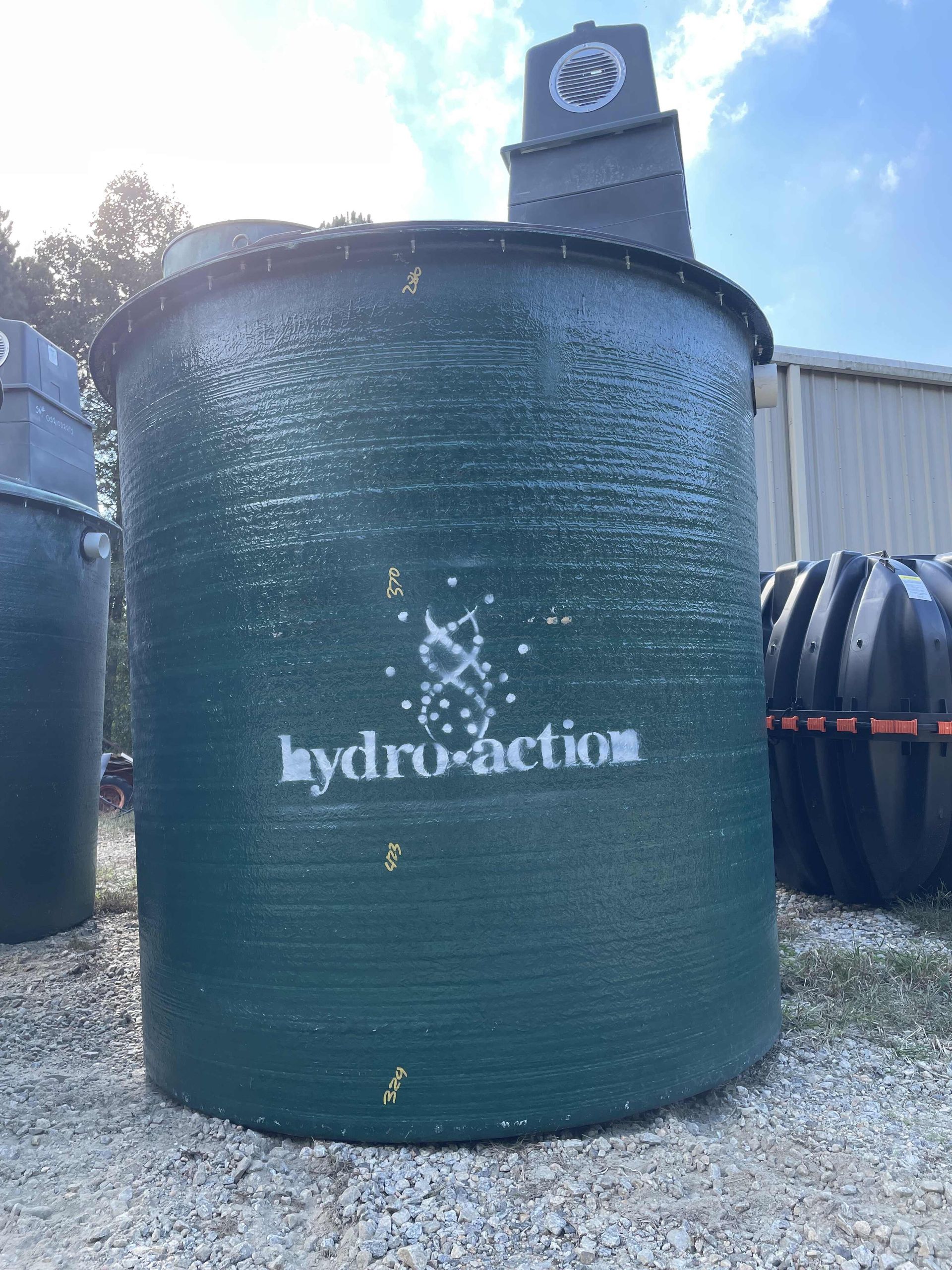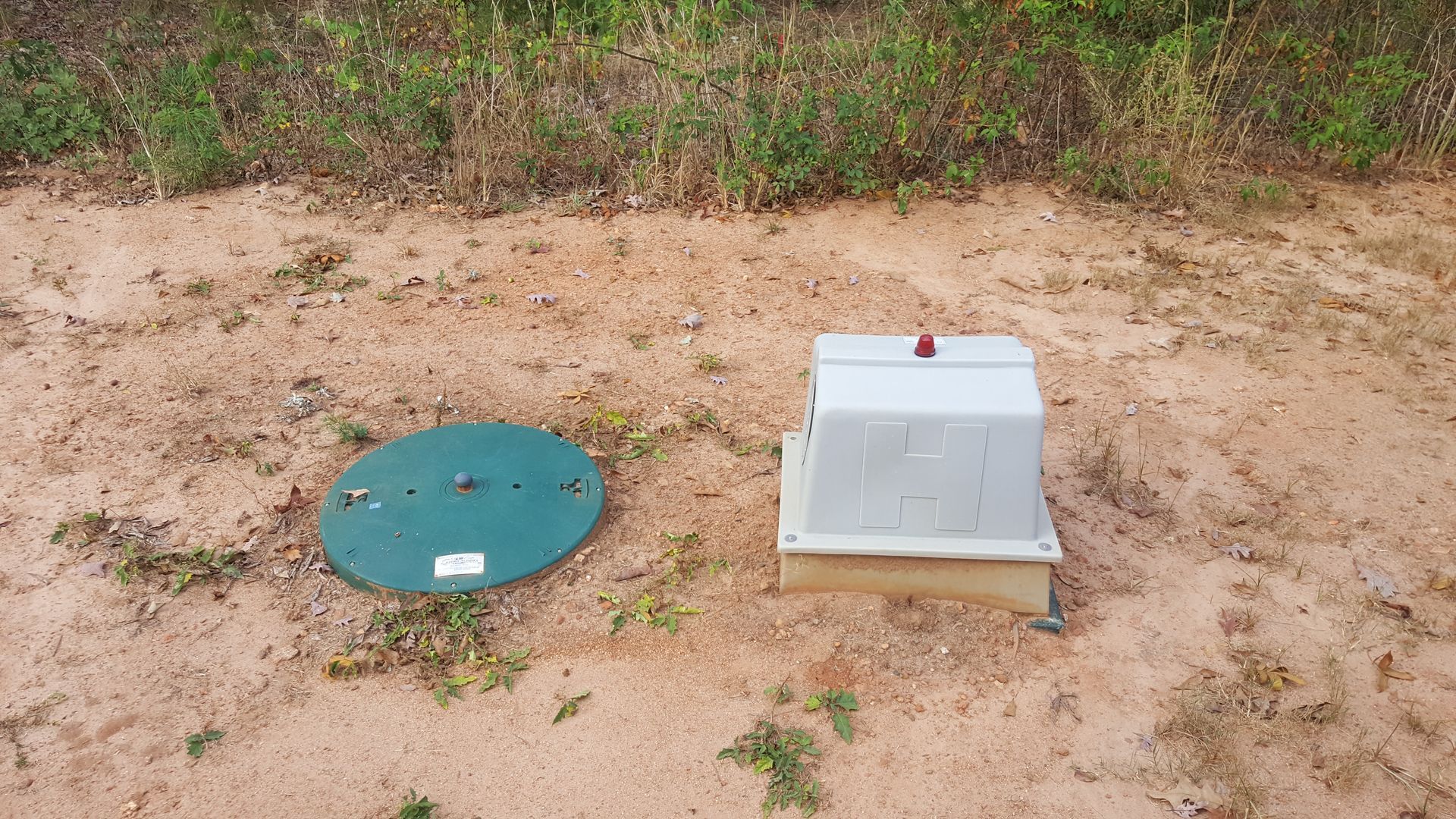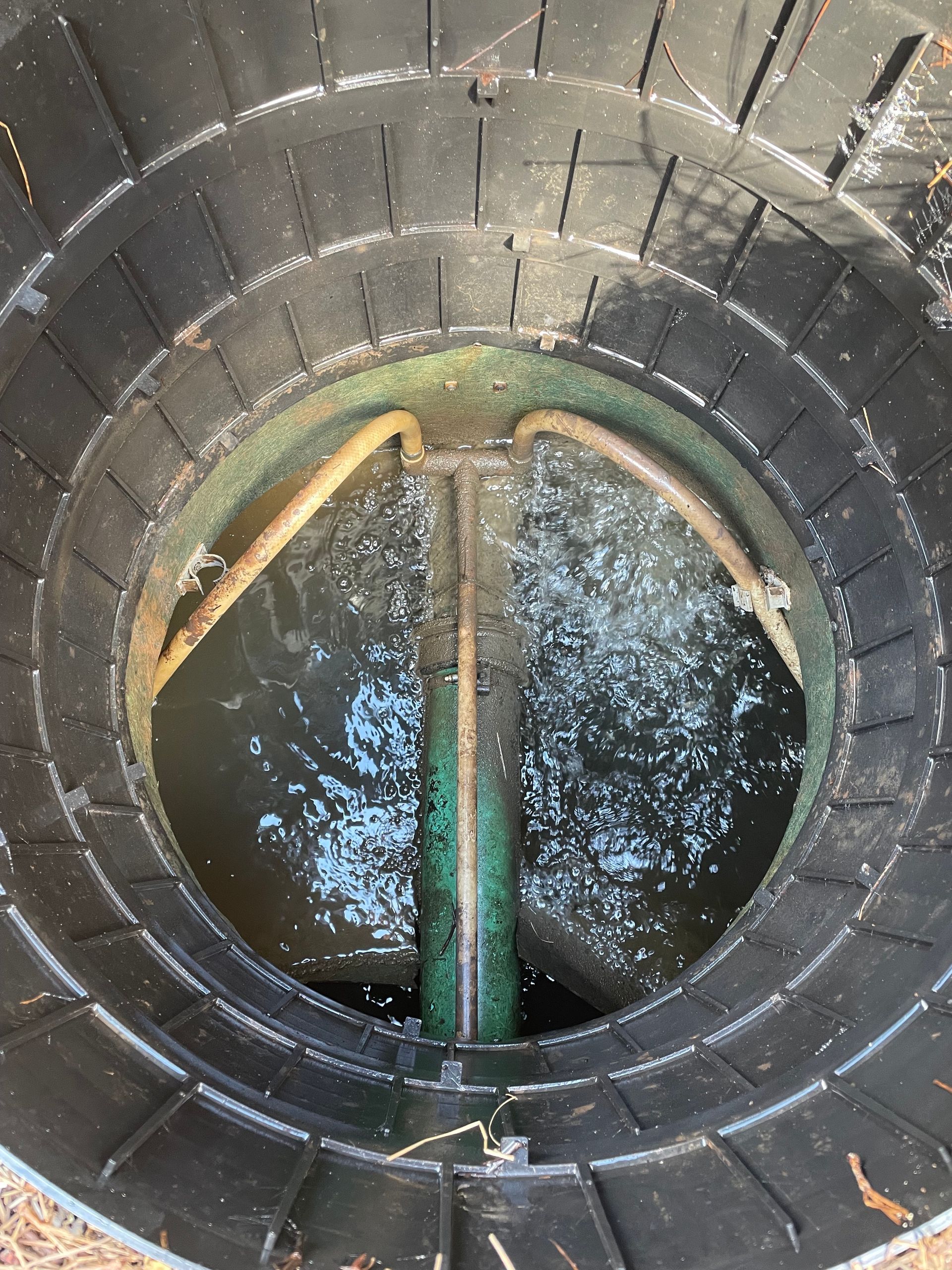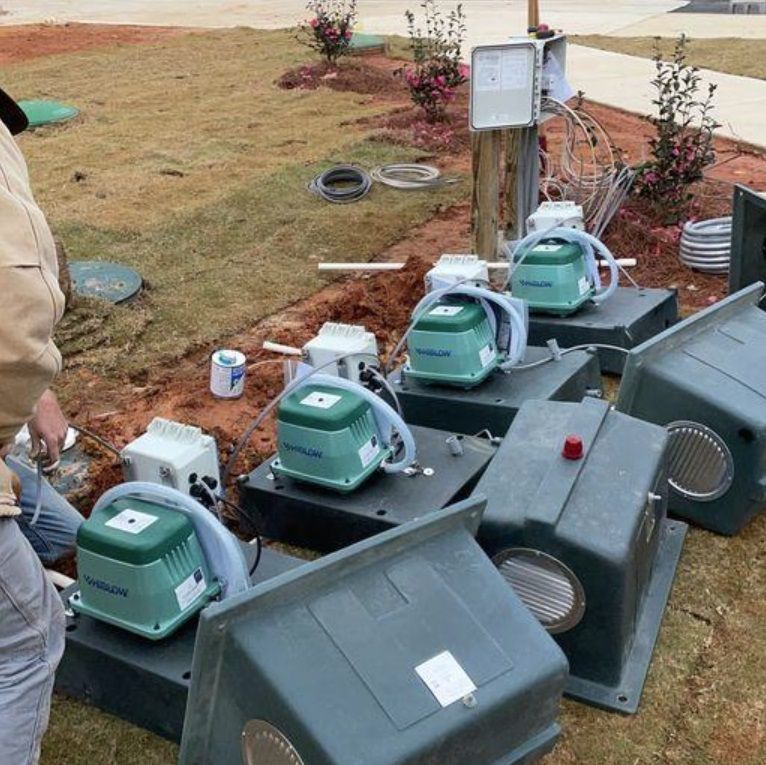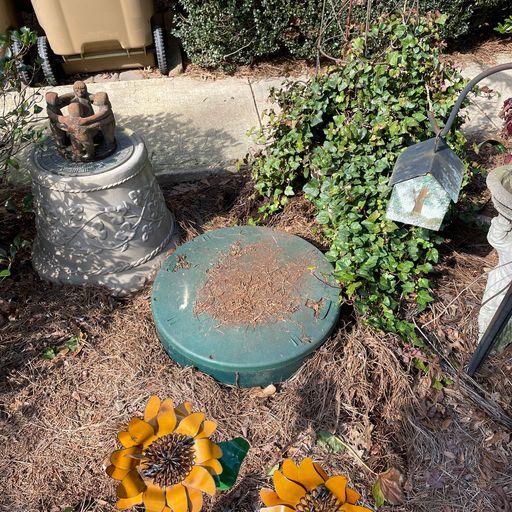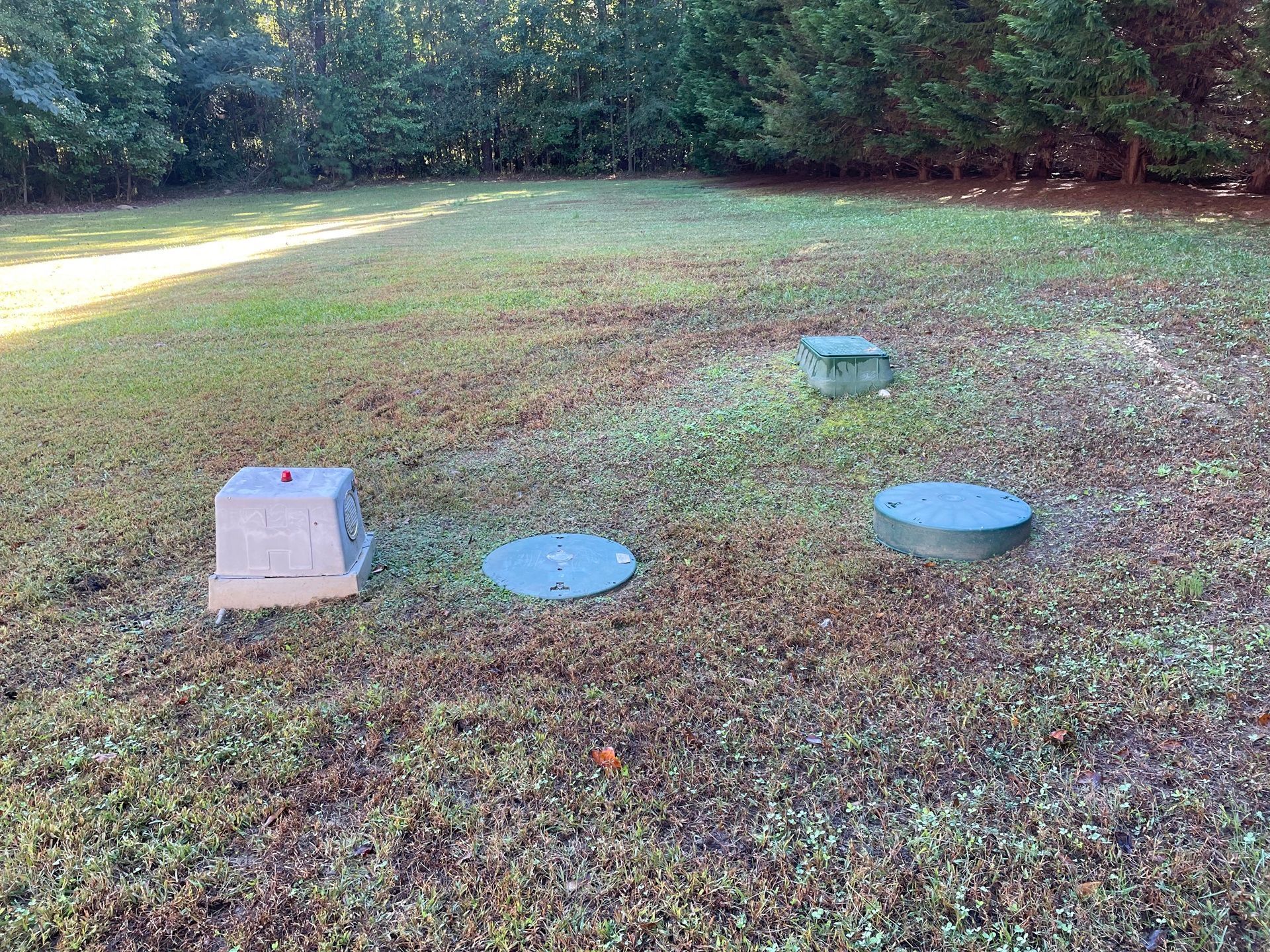Get in touch
404-788-3474
asmseptic@gmail.com
Email Us on: asmseptic@gmail.com
Call or Text: 404-788-3474
What You Should Know about Septic Inspection: FAQs
When it comes to septic systems, they are often an afterthought and can cause a great deal of disruption if they fail. A septic Inspection is crucial for any homeowner or business, as it can provide invaluable information about the health of your septic system and allow you to take proactive measures to keep it running smoothly.
In this blog post, we'll answer some frequently asked questions about septic inspections and discuss why you should get one regularly. Read through this article to learn more!
What Do You Expect From a Septic Inspection?
When conducting a septic inspection, the inspector will check the inside and outside of the tank. The inspector will look for any signs of leakage, cracks, or blockages in the tank walls and any other damage that could lead to repairs and maintenance.
They also check the size and condition of the drain field to ensure it meets all local requirements regarding wastewater disposal. Sometimes, an inspector may inspect the pressure tank, discharge pipe, and other related equipment to ensure they function correctly.
Additionally, they may take water samples for bacteria analysis so that you can be confident that your system is free from contamination. Depending on the location and age of your system, your inspector may also determine whether or not there is a need for regular pumping services to keep your system efficient.
What Are the Benefits of Regular Septic Tank Inspections?
Regular septic tank inspections are one of the essential parts of being a responsible homeowner. Here are some of the main benefits that come with regular septic tank inspections:
1. Monitor The Health Of Your System
This can help ensure that your system is functioning correctly and running efficiently. Professionals can check for any leaks or blockages in your pipes or any damages to the tank itself, which may lead to more significant problems later on.
2. Prevention Of Major Repairs Or Replacements
This means you can quickly take care of minor fixes before they become significant problems. Regular inspections can save time and money in the long run by preventing repairs and replacements.
3. Extending Septic Tank’s Lifespan
Regularly inspecting your tank will also give you a better idea of how much waste accumulates, allowing you to take precautionary steps to prevent overflow. This preventive approach can help reduce the frequency of repairs and save money in the long run.
What Happens If a Septic Tank Fails?
A septic tank failure can occur when it is overloaded and cannot process the wastewater efficiently. When this happens, an individual or community wastewater system may experience several issues, such as backups, overflows, and contaminated water entering rivers, lakes, streams, and other bodies of water.
Furthermore, if left unchecked, the bacteria in the tank will eventually die due to lack of oxygen and cause a sludge buildup. This sludge must be removed immediately to prevent further damage to the system.
Conclusion
Regular septic inspections can provide numerous benefits to your system and help you save time and money. If you suspect any issues with your current septic system, it is best to contact a professional immediately. By getting regular inspections, you can ensure that your system is running optimally and take proactive steps to prevent major breakdowns or repairs.
If you need
alternative septic system maintenance, Alternative Septic Management Inc. is here for you! Our experienced technicians are trained to provide professional services for all types of septic systems, regardless of size or condition. Contact us now!
Alternative Septic Services For Residential And Commercial Systems Requiring Alternative Septic Systems.
Quick Links
Our Services
Septic Installation
Septic Repair
Septic Inspection
Air Compressor Maintenance
Pump Maintenance
Get In Touch
Mobile: 404-788-3474
Email: asmseptic@gmail.com
Address: 3295 Fannie Thompson Rd. Monroe GA 30656
Copyright 2025 © All Rights Reserved. Alternative Septic Management, Inc.

